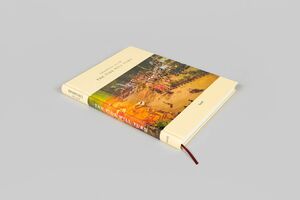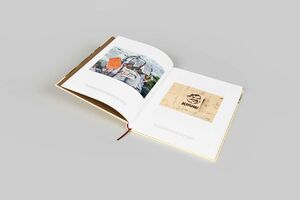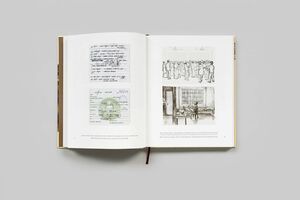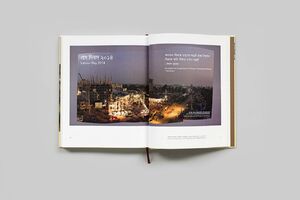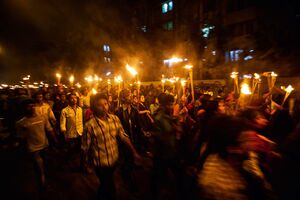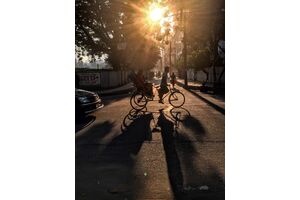Contact
art book cologne GmbH & Co. KG
Deutzer Freiheit 107
50679 Köln
Germany
Opening hours (office and showroom):
Monday to Friday 8 – 17
info@artbookcologne.de
Phone: +49 221 800 80 80
Fax: +49 221 800 80 82
About us
art book cologne, founded by Bernd Detsch in 1997, is a wholesale company and specializes in buying and selling high quality publications in art, art theory, architecture, design, photography, illustrated cultural history and all related subjects internationally. Our team includes specialists in art, culture, music, book trade and media but in spite of our diversity we have one common ground: the enthusiasm for unique art books.
We purchase remaining stocks from museums, publishers and art institutions. We sell these remainders to bookstores, museum shops, and art dealers all over the world.
Shahidul Alam – The Tide Will Turn
| Publisher | Steidl |
| Year | 2019 |
| Cover | Hardcover |
| Language | English |
| ISBN | 978-3-95829-693-0 |
| Pages | 184 |
| Weight | 710 g |
| More | |
| Author(s) | Shahidul Alam |
| Article ID | art-59841 |
“On the night of 5 August, I did not know if I was going to live or die,” writes Shahidul Alam, one of Bangladesh’s most respected photojournalists, essayists and social activists, remembering his arrest, torture and eventual 101-day incarceration in Keraniganj Jail in 2018. Just a few hours before, he had given a television interview criticizing the government’s brutal handling of the student protests of that year which had called for improved road safety and an end to wider social injustice—in his words, “the years of misrule, the corruption, the wanton killing, the wealth amassed by the ruling coterie.” Combining Alam’s photos and texts with those of a range of collaborators, including artwork by Sofia Karim and fellow inmates, The Tide Will Turn documents his experiences, the global support for his release, and the ongoing fight for secularism and democracy in Bangladesh and beyond.
Described by its editor Vijay Prashad as about “the beauty and tragedy of our world, about how to photograph that dialectic, and about how to write about it,” the book comprises four parts: a record of Alam’s time in jail; a chapter each on art and politics, exploring their inevitable interconnectedness; and an exchange of letters between the imprisoned Alam and writer Arundhati Roy, proof of creativity’s endurance even when the state attempts to stifle it. Together, these form a layered critique of autocracy, one underpinned by Alam’s unyielding hope, his conviction that “the tide will turn, and the nameless, faceless people will rise…”


